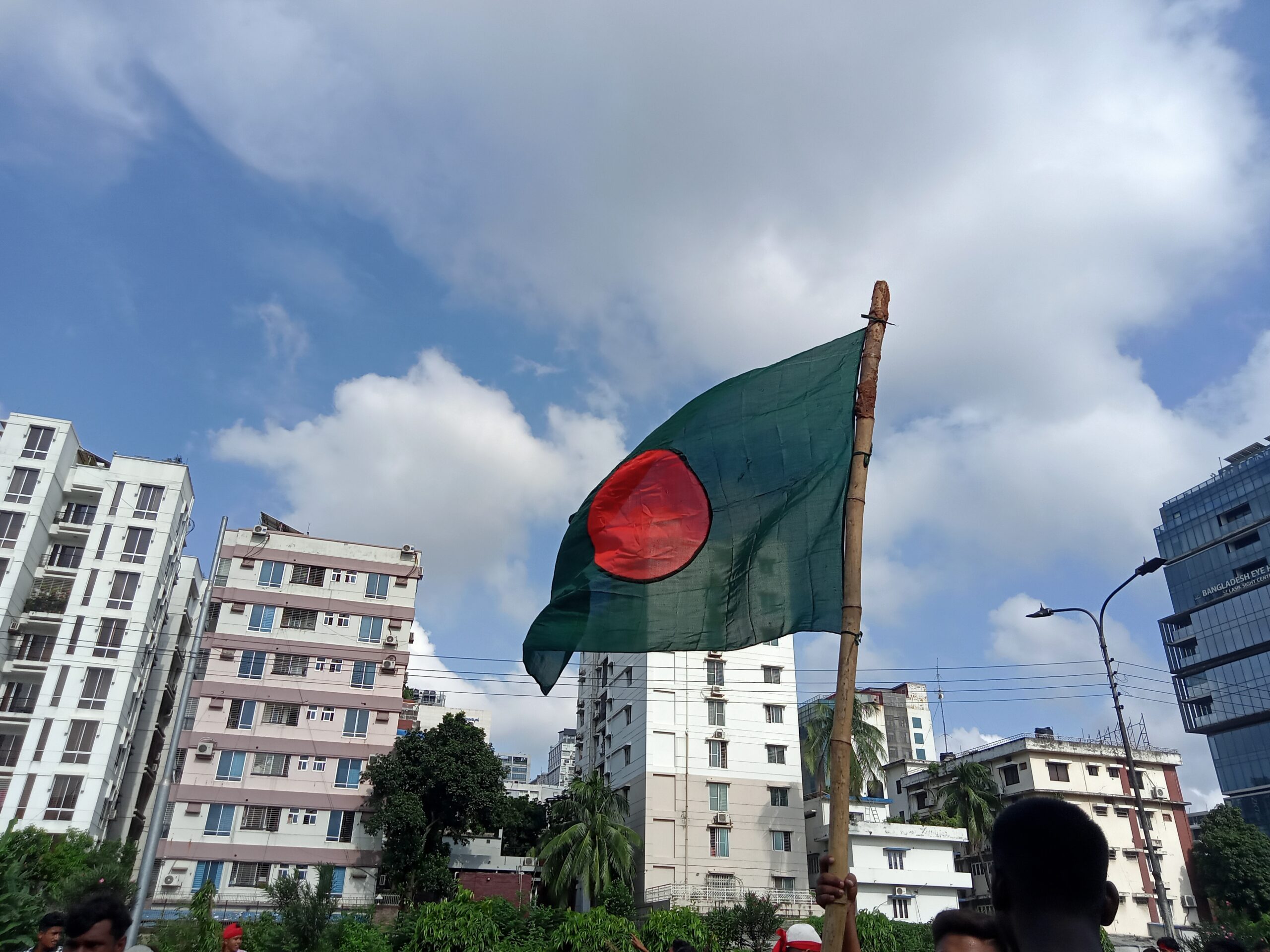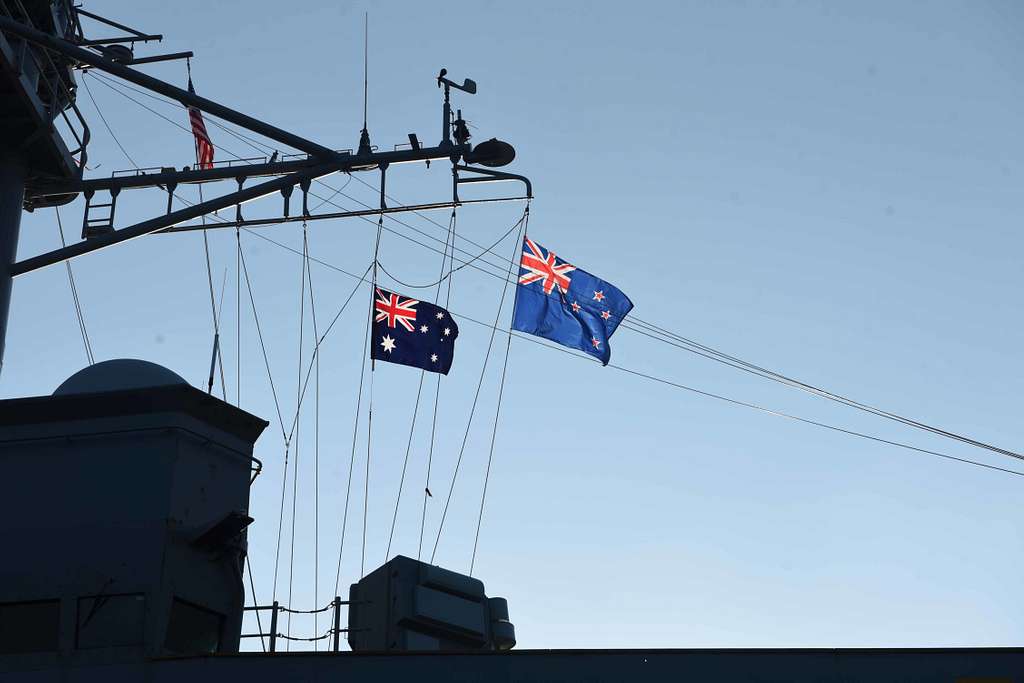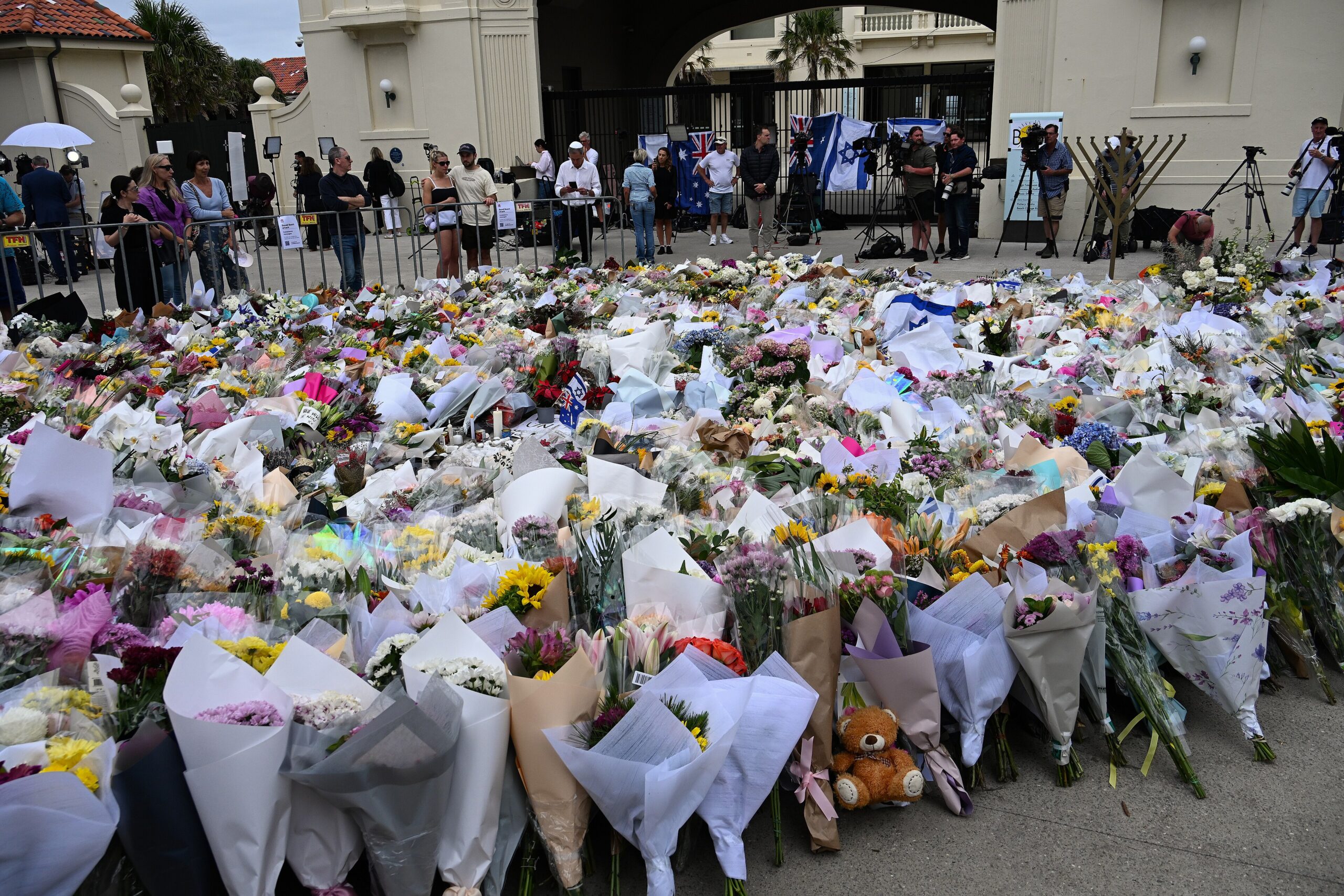Fifty years on, Bangladesh’s foreign policy has been a mirror, reflecting the regime in power. Every government swore to protect sovereignty, yet invariably bent diplomacy to partisan ends. The country’s external posture was reactionary, incoherent, and personality-centered rather than principle-based. The famous dictum “friendship to all, malice to none” was repeated ad nauseam yet seldom pursued with clarity as a stated strategy. It became a code for hesitation, a way to please everyone while pursuing no one’s clear interest. If the Bangladesh Nationalist Party (BNP) returns to power, it must end this drift and build a foreign policy that is constant, coherent, and unapologetically Bangladesh-first.
In 2025, the geopolitical environment facing Dhaka is more complex than ever before. The global balance is shifting, economic shocks are intensifying, and climate vulnerability has just become the country’s biggest strategic risk. Bangladesh can no longer afford to be a passive player in South Asia. It must act, not react. The BNP’s acting chair, Tarique Rahman, has already declared that “nation first” will define their foreign policy. But slogans alone do not mean anything. If it is to mean something, that vision needs to evolve into a disciplined strategy, one that is proactive and multifaceted, rooted in the pursuit of national interest rather than regime survival.
Historically, foreign policy in Bangladesh has veered between two poles: excessive dependence and emotional defiance. When governments curried favor with powerful neighbors, they called it pragmatism; when they kept their distance, they called it nationalism. Neither approach ever succeeded in building any long-term leverage. A BNP government will have to replace both habits with mature realism—an independent foreign policy that reaches out to all the big powers but stays aligned with none. Bangladesh cannot afford to behave like a satellite state. It must position itself as a connector.
The most sensitive task would be to redefine the ties with India. Geography demands cooperation, while history urges caution. All these years, Dhaka’s ties with New Delhi have been influenced by political alignment and not national consensus. The BNP should work for a stable, issue-based relationship that upholds Bangladesh’s sovereignty while respecting regional imperatives that the two countries share. Cooperation on trade, energy, and connectivity may continue, but water-sharing, border security, and market access would need to be negotiated on the basis of mutual equality. The friendship with India needs to be measured in terms of fairness. Only an independent foreign policy can crystallize this uneasy neighborliness into a mature partnership.
Beyond India, the new decade will bring a test of Bangladesh’s ability to diversify its diplomatic and economic portfolio. The world is no longer bipolar, and Dhaka needs to learn how to manage multiple centers of power together. Stronger engagement with China is inevitable for infrastructure, technology, and defense capacity, but it should be done with transparency and safeguards against excessive dependence. Relations with the United States will remain vital for trade access, governance support, and strategic balance in the Indo-Pacific. The Middle East has to continue anchoring Bangladesh’s labor migrations and energy security. Europe remains vital for exports and climate financing, and renewed outreach to Southeast Asia could unlock opportunities for manufacturing and digital cooperation. In all these arenas, the objective should be balance without bondage.
What will ultimately define the next phase of foreign policy economics. Bangladesh’s security challenge is increasingly economic, with a fragile currency, shrinking exports, and the risk of debt distress. Success in diplomacy should therefore be measured by how it strengthens resilience: more diverse export markets, protected migrant rights, fairer trade agreements, and foreign investment building local capacity rather than debt dependence. Economic diplomacy must become the cornerstone of external engagement, pursued with the same intensity that previous governments have given to political patronage. Another pillar of the BNP’s promised foreign policy has to be climate strategy. Bangladesh is among the countries most exposed to climate catastrophe, but few have used that vulnerability as diplomatic leverage. The next government must lead with moral authority in climate negotiations—demanding fair financing, technology transfers, and accountability from the Global North. Bangladesh’s survival depends on strategic climate diplomacy that secures tangible results.
But no external vision will succeed if domestic politics remains volatile and institutions remain weak. Foreign credibility is born from internal legitimacy. Investors, allies, and partners watch how a country governs itself before they trust its word abroad. A BNP government that repeats the authoritarian reflexes of its predecessors will lose the very legitimacy it seeks to restore. Governance, rule of law, and stability must therefore be treated as instruments of foreign policy, not separate from it.
The BNP’s foremost challenge will be to transcend leader-centric politics. The “nation first” idea cannot be reduced to the pronouncements of one individual, however charismatic. It needs to be the guiding principle of statecraft, a professional diplomatic culture that outlasts party cycles. For that, there is a requirement for institutional reform: strengthening the foreign ministry, investment in research and regional expertise, and insulating foreign policy from partisan pressure. Bangladesh’s engagement with the world must be guided by continuity of purpose, not political convenience.
If the BNP can manage that, it will represent the first real development in Bangladesh’s diplomacy since independence. The new watchword should be strategic autonomy: a Bangladesh that trades widely, negotiates confidently, and stands firmly on its terms. That means staying close enough to India to cooperate, open enough to China to profit, committed enough to the West to engage, and proud enough to say no when national interest demands it.
The foreign policy of the future needs to look beyond borders, beyond personalities. It needs to ask one question before every decision: Does this serve Bangladesh, or does it serve a regime? If BNP is serious about nation-first diplomacy, then the present is its moment to prove it. A foreign policy based on strategic independence, economic foresight, and principled engagement could transform Bangladesh from a reactive state to an assertive nation. The world does not wait for hesitant countries. It listens to those that know what they want. It is important for Bangladesh to make that decision independently.
Arman Ahmed is the Founder and President of DhakaThinks, a youth-led think tank in Bangladesh, and a Research Analyst at the Spkyman Center in Paris. He has authored over 25 articles published in prominent national and international outlets, including New Age, The Business Standard, Modern Diplomacy, The Geopolitics, and Australian Institute for International Affairs. His work covers topics such as South Asian geopolitics, global security, and economic policy.
This article is published under a Creative Commons license and may be republished with attribution.





